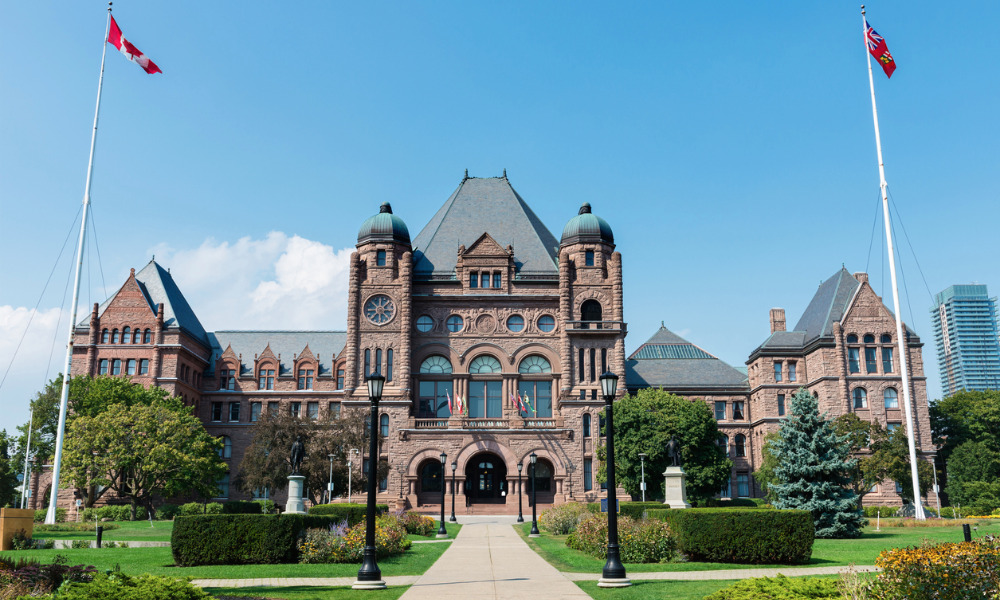
Unions argue legislation undermines right to free bargaining, protected under s. 2(d)

A coalition of more than 40 Ontario unions has filed evidence in its constitutional challenge against the Provincial Government over legislation capping public-service compensation.
Bill 124, Protecting a Sustainable Public Sector for Future Generations Act, 2019, received Royal Assent November 2019. The legislation is intended to “ensure that increases in public sector compensation reflect the fiscal situation of the Province, are consistent with the principles of responsible fiscal management and protect the sustainability of public services,” according to the Government’s explanatory note.
The coalition represents around 270,000 employees and is coordinated by the Ontario Federation of Labour. Teachers’ and nurses’ unions, the Ontario Public Service Employees Union and UNIFOR are also challenging the legislation, says Steven Barrett, lead counsel to the OFL coalition and managing partner of Goldblatt Partners LLP.
“One of the things that's significant is that, as we've been living through the pandemic and seeing the incredible, the important and essential work that so many of broader public sector employees do, and the need for compensation levels that matches the value of that work, It's sort of a cruel irony that the Ford government would be imposing restraints on the ability of those people even try to negotiate appropriate compensation,” says Barrett
The legislation imposes a series of three-year “moderation periods,” where salary and total compensation for hospitals, crown agencies, universities and other public service institutions is capped at one per cent per year, with certain exceptions, said an article written by Lauren Tarasuk from Koskie Minsky LLP. When the moderation periods begin depends on the status of the collective agreement, writes Tarasuk. If in operation as of June 5, 2019, it begins the day after the agreement expires. If expired as of June 5, 2019, with no new agreement in place, the moderation period begins the day after the day the collective agreement expired.
The legislation undermines the right to free bargaining, which the Supreme Court of Canada has repeatedly held is protected by s. 2(d) of the Charter, the freedom of association, says Barrett.
“Notably, the premier, just in the fall in talking about the health care workers, said it was up to him, he would pay them way more because they're seriously underpaid,” he says. “Yet his own government has enacted legislation that prevents them from trying to negotiate appropriate increases to their compensation.”
The coalition points to last year’s ruling from the Manitoba Court of Queen’s Bench, which found similar legislation unconstitutional. Manitoba’s law, from 2017, set “sustainability periods” of four years, which froze compensation for two years and allowed for only a one-per-cent raise in the third and fourth year. The court found the Public Services Sustainability Amendment Act had “substantially interfered with a meaningful process of collective bargaining.”
“Not only is the legislation unconstitutional, but it doesn't really make any practical or common sense either,” says Barrett.